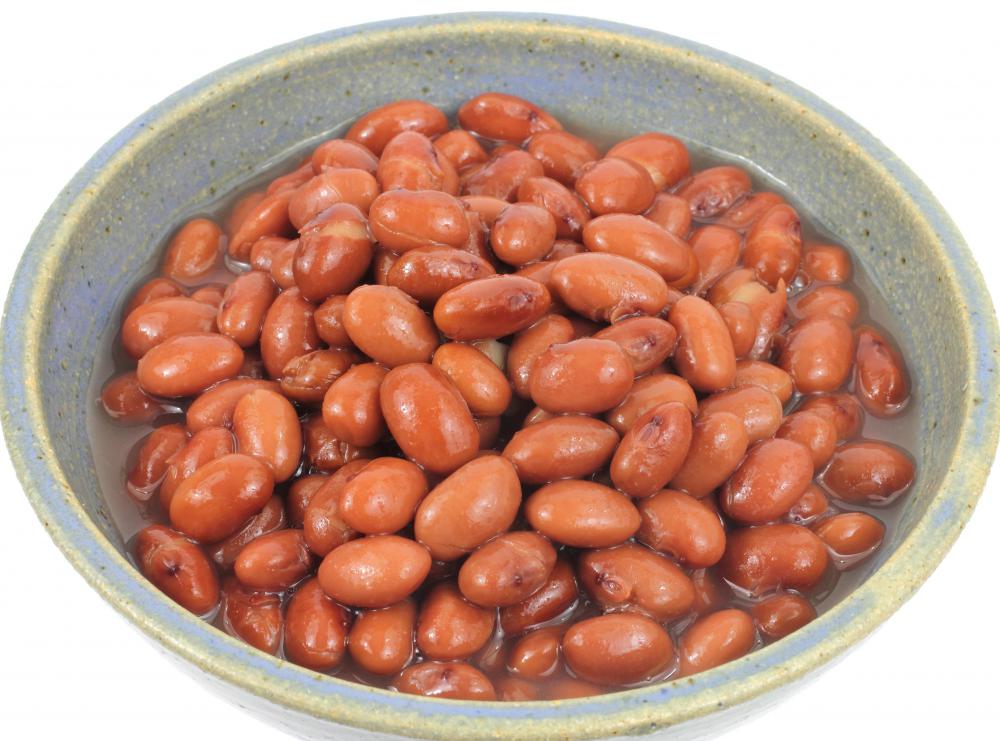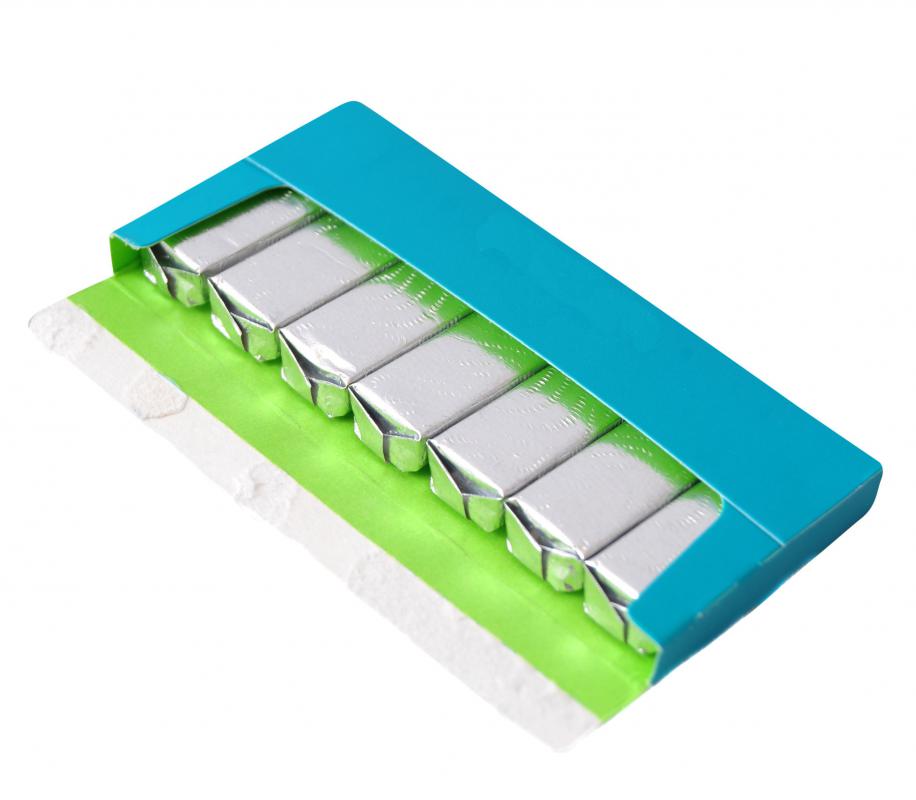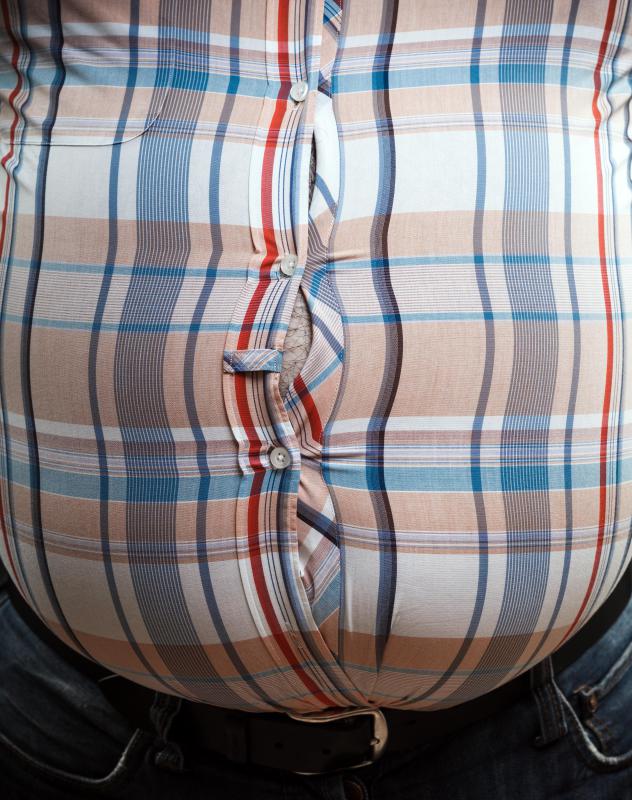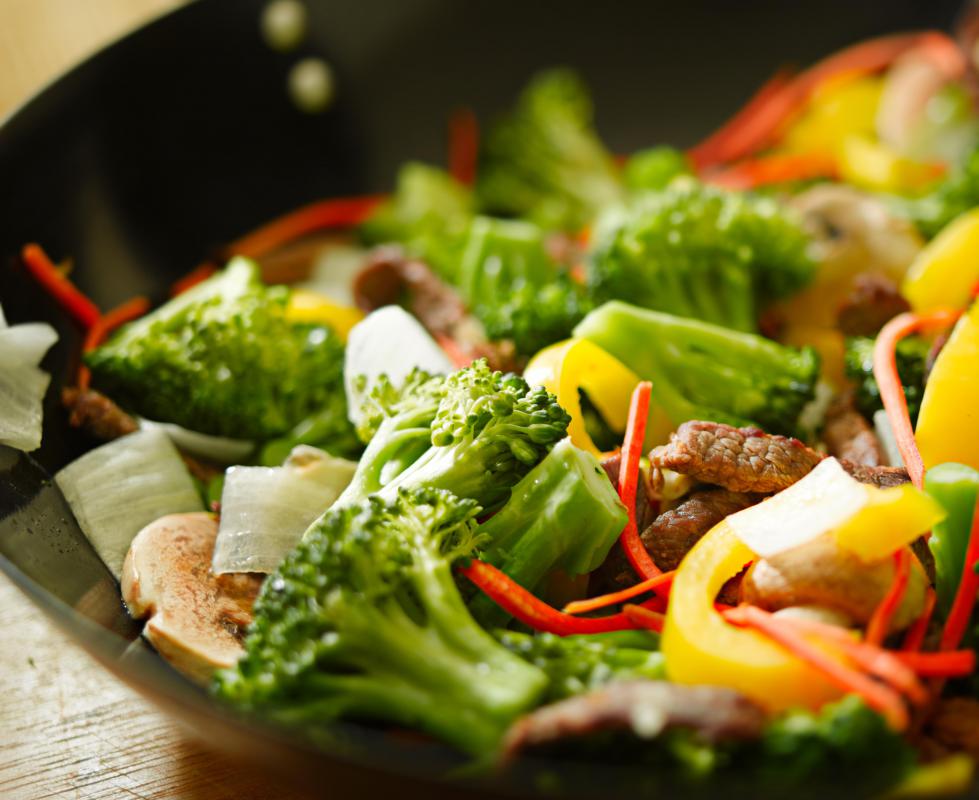At TheHealthBoard, we're committed to delivering accurate, trustworthy information. Our expert-authored content is rigorously fact-checked and sourced from credible authorities. Discover how we uphold the highest standards in providing you with reliable knowledge.
What can I do About Intestinal Gas?
Intestinal gas is no laughing matter, unless you happen to be a pre-adolescent boy, in which case it’s just about the funniest thing on the face of the planet. For those who live in the adult world, however, a reduction in the dreaded bloating, belching, and flatulence inherent to all humans would be considered a major blessing. Unfortunately, intestinal gas is simply a result of digestion. If you eat, you will have gas. In fact, you’ll have quite a lot of it.
According to research done at the prestigious Mayo Clinic, a typical adult will produce somewhere between one and four pints (2.20 to 8.80 cup MET) of intestinal gas in any given twenty-four hour period. That translates into passing said gas between fourteen and twenty-three times per day. If you chew gum, drink lots of soda, rush through meals, or smoke, you can figure on being at the high end of that scale.

No one can eliminate gas, but steps can be taken to reduce it. Mostly, this is accomplished via dietary changes. Cheese, ice cream, milk, and other foods high in lactose are contributing culprits to gas, as are foods containing fructose. These would include onions, wheat, and almost all soft drinks. Sorbitol, a sugar alcohol found in peaches, apples, pears, candy, and chewing gum are major offenders, as are raffinose-heavy vegetables like Brussels sprouts, broccoli, and beans.

Obviously, most of these foods are essential to one’s general health and well being. Still, to reduce gas, you can alter your diet and still remain healthy. For instance, an enzyme known as lactase is necessary for the digestion of milk and milk products. If a person is lacking in lactase, she can cut back on the milk and take calcium supplements. Also, some stores sell milk products that are infused with extra lactase.

Another method consists simply of changing the manner in which you eat or drink. Quite a lot of gas is exacerbated by our air intake when swallowing. Eat more slowly, don’t smoke, and refrain from sucking on candy or chewing gum. Some of the most prominent players in the build-up of intestinal gas are carbonated beverages. If you do drink them, don’t drink them through a straw. By sipping on a straw your air intake rises dramatically, and you are adding fuel to the fire.

Finally, there are many over-the-counter products that work very well for the relief of excess intestinal gas. Contrary to popular belief, those heavily advertised pills containing antacids and simethicone don’t really have any impact on the amount of gas one produces. They do pull gas bubbles together, however, and may allow you to quietly belch your gas into the atmosphere.
AS FEATURED ON:
AS FEATURED ON:
















Discussion Comments
My son, now almost thirteen, was born with Hirschsprung's Disease and at a very young age, had several operations to "cure him". Since then, he has always suffered from hugely embarrassing gas -- loud, smelly awful stuff.
Just recently, he has added belching to the mix (he swears it is not intentional). I assure you, his intestinal gas had made him an object of ridicule and he would do anything to make it stop. We have tried over the counter meds and he has vomited from them every time. His intestinal make-up must be different due to the Hirschsprung's than an average person. Suggestions welcome.
Certain probiotic pills taken with gas producing foods, will help reduce the unpleasant side effect of gas, the odor.
Post your comments